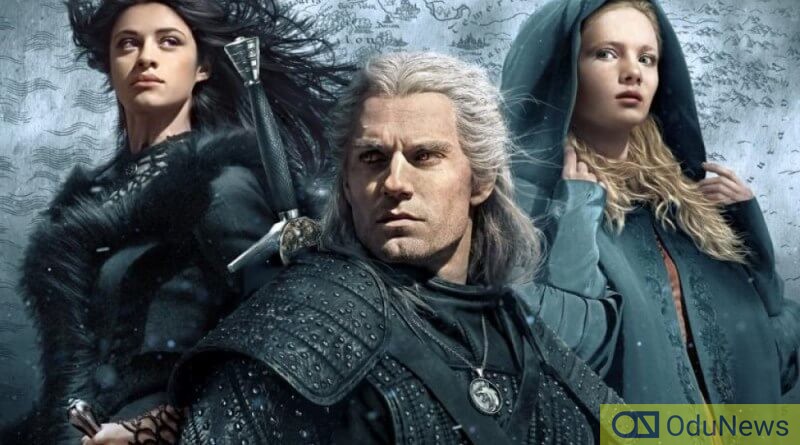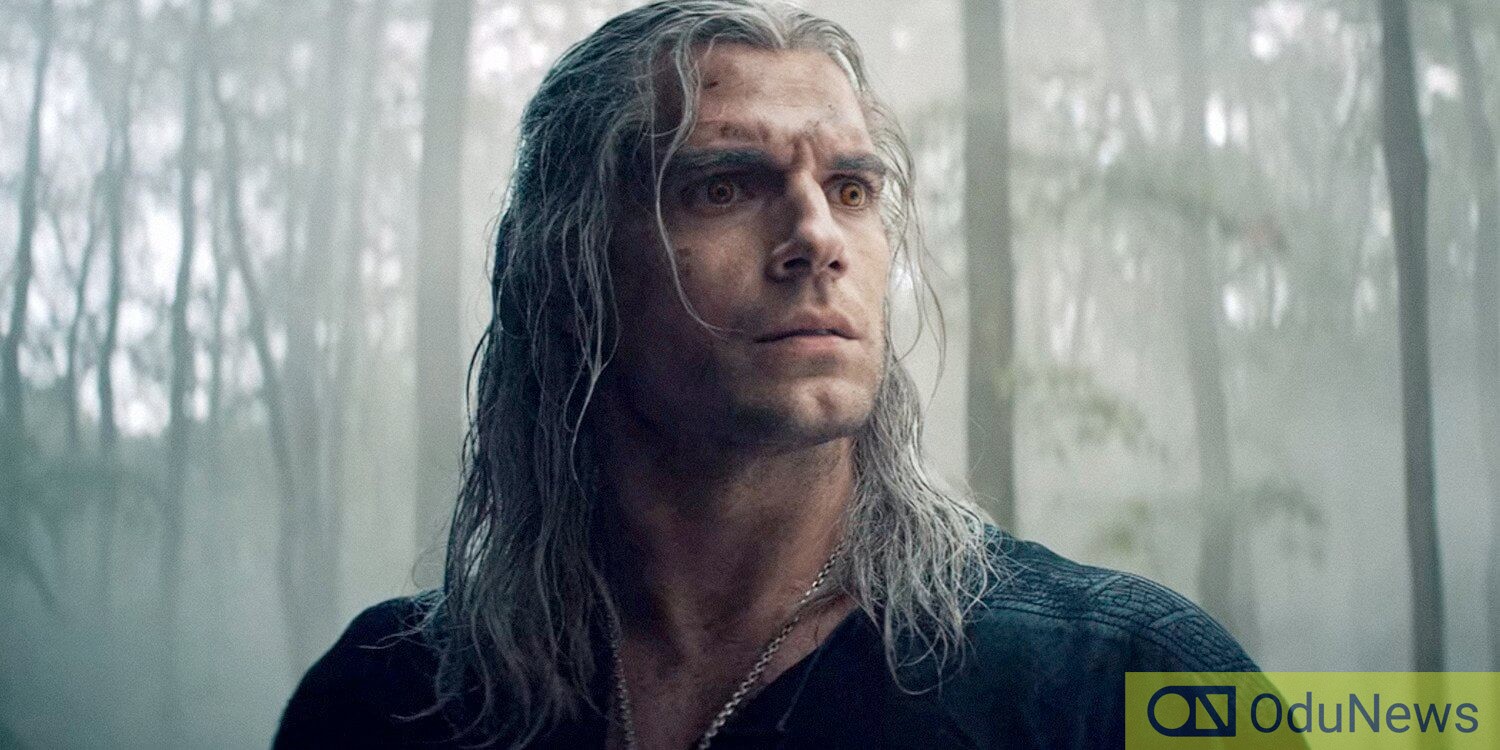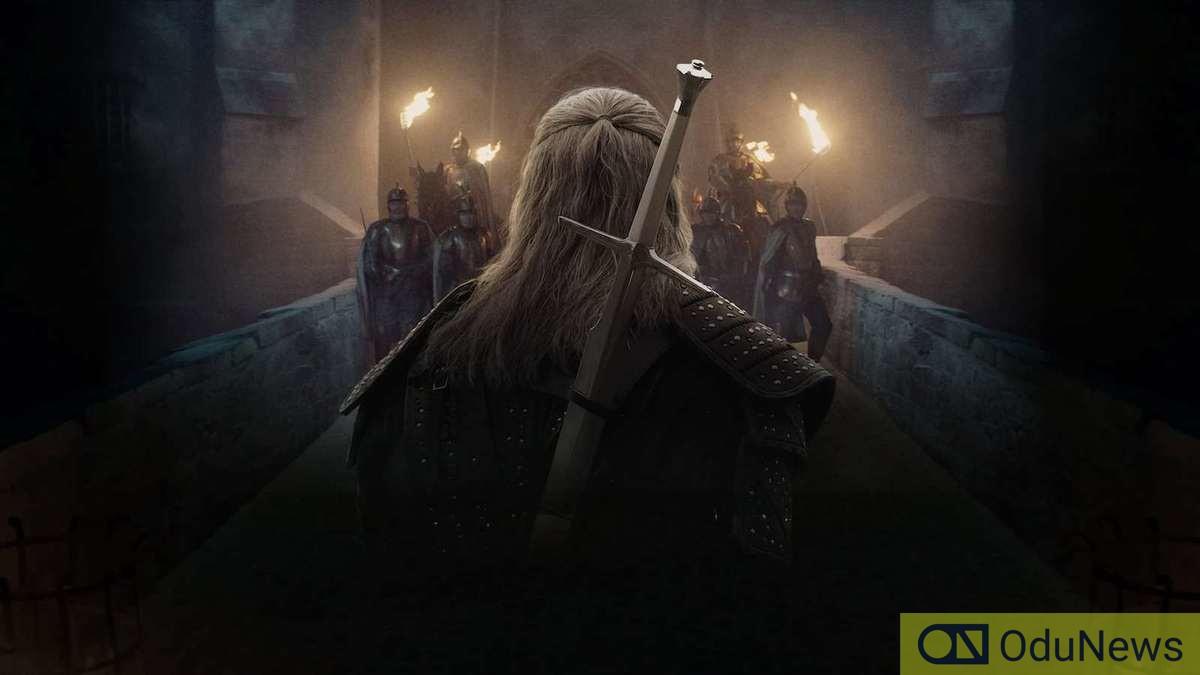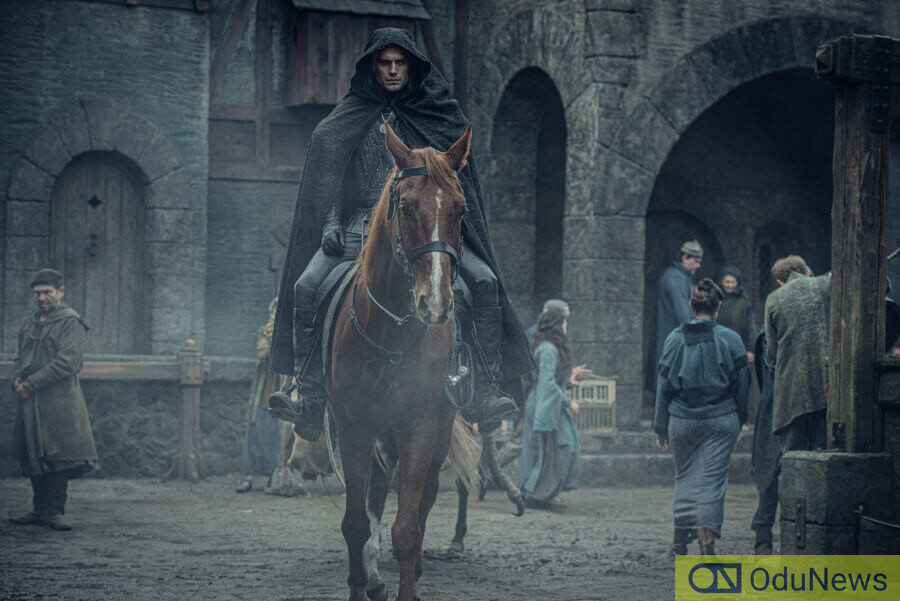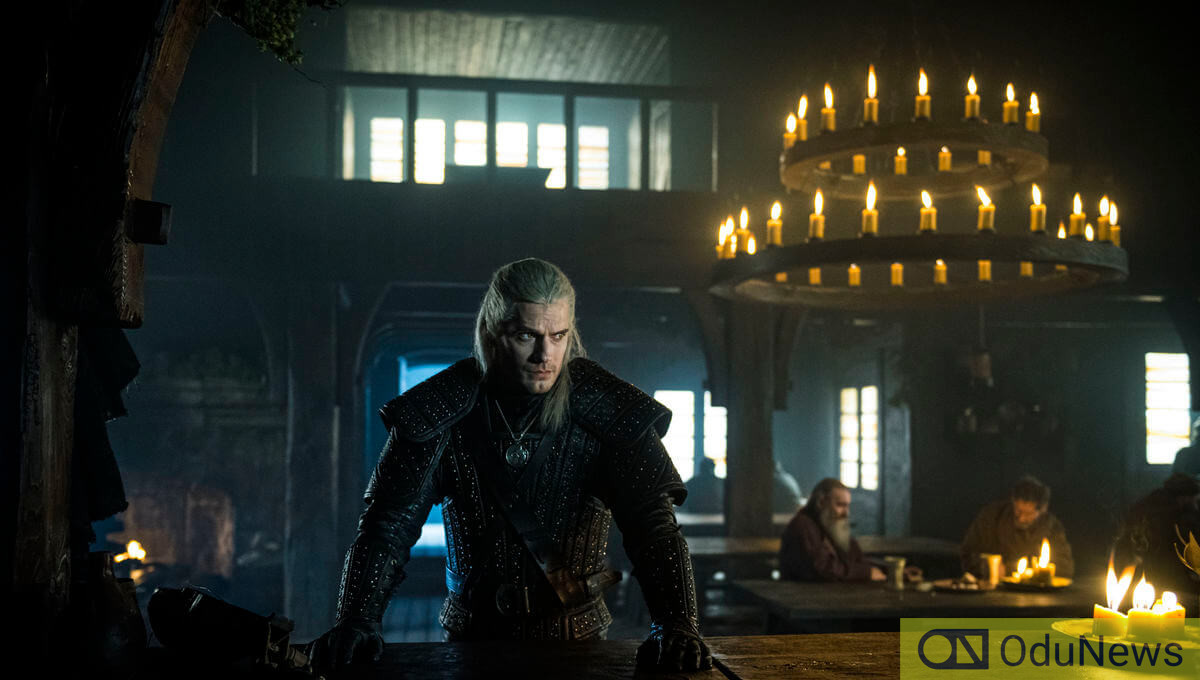
The Witcher starts out in a way that is unexpectedly disappointing but ultimately redeems itself to keep the viewer invested in the story.
Netflix’s latest series stars Henry Cavill (Man of Steel) as Geralt, a mutated monster hunter who must reconcile himself with his destiny by protecting a young princess.
In the course of his adventures, Geralt discovers that often times men are far worse monsters than the creatures they fear. He crosses paths with Yennefer (Anya Chalotra) a sorceress whose ambitions go far beyond her lowly status.
If there is one thing that can be said about Cavill, it is that the dude has charisma and this helps with his character. As one who comes from those who are despised and distrusted, his morose nature is understandable.
When it comes to acting though, Cavill still has some improvement to do. At times his never-ending drawling just comes off as forced and his expressions are very limited for someone who is the major character in the series.
Geralt has never known love all his life and this makes him wary of pretty much everyone he comes in contact with. It’s a good thing because almost all of them have their own ambitions and often resort to deceit to get what they want.
The sullen hero also uses sarcasm a lot and there are moments when his few comic lines produce the desired effect because of the way he renders them.
As the series main character, Geralt isn’t that interesting and a lot of questions about him often end up unanswered. But below his swagger and menacing demeanor hides a man with a tender heart; someone who knows what is good and will not compromise to follow through when it comes to making the right choice.
Yennefer is arguably the series most interesting character. Her emotional and physical journey leads to the choices she makes; both right and wrong. Since the world around her will never accept her physical shortcomings, she decides to tow a path very few would take to make her rise above her despicable position.
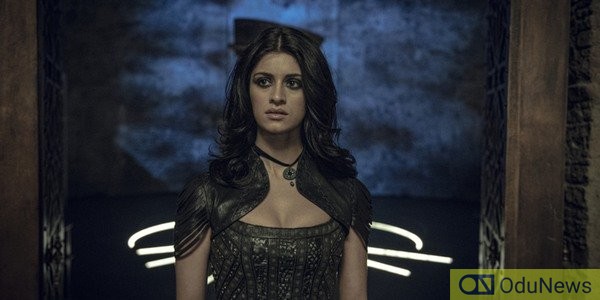
Saying more about Yennefer would be spoiling a few plot points so I will just stick to stating that Anya Chalotra (who plays Yennefer) is a damn good actress. She makes one really want to care for her even though you know that she walks the thin line between good and evil most of the time.
Freya Allan as the young princess Cirilla who finds herself on the run after calamity befalls her house is both convincing and lovable. She is not the kind of princess that loves the makeup, attention and all the perks that come with royalty. She would rather mingle with the commoners and get her hands muddy.
Cirilla is also a character that keeps you glued to the screen as she grows throughout the course of the series, learning from her mistakes and holding on to the belief that she will find her way to her predestined guardian.
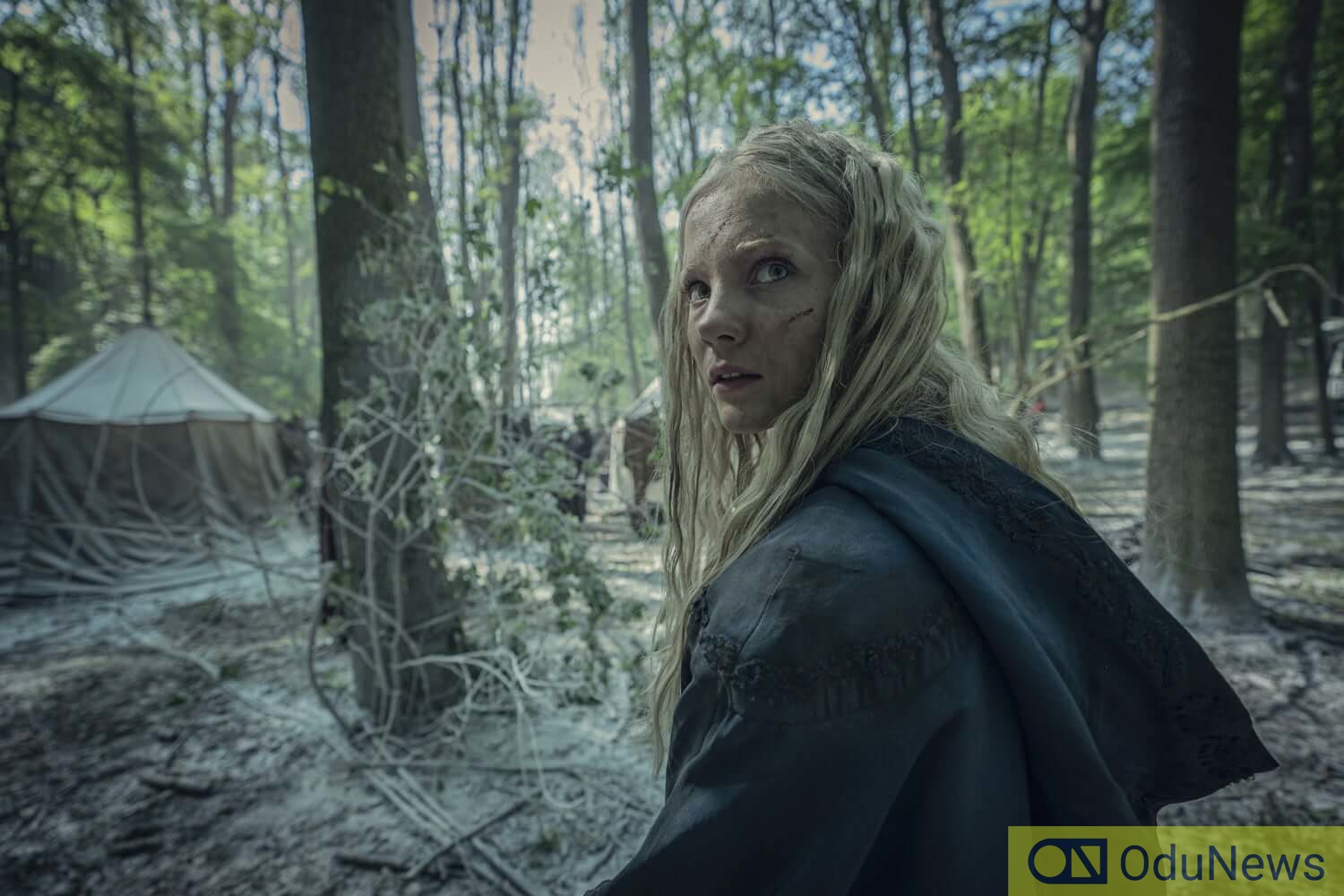
One thing that irked me was the use of the word ‘destiny.’ If I could get a penny for the number of times it was said, I’d probably be a millionaire. It got to a point that it became the primary choice for almost every damn person who had something inspiring to say.
The opening sequence of the first episode was meant to be impactful but ended up being very uneventful and totally cliché. The CGI monster was so ‘CGI-y’ that even an infant would have been able to tell that it wasn’t real.
The first few episodes were a test of my patience as I had to keep asking myself why the hell there had been a lot of hype around the series. They were devoid of intrigue and apart from the protagonist, I didn’t give a hoot about who was on screen at any given time.
The cinematography works for a fantasy adventure tale and the costume department didn’t do a lousy job. The action scenes (especially the ones with Geralt fighting) were fun to watch and the visual effects weren’t bad either.
I guess HBO’s Games of Thrones really set the bar high for series delving into the fantasy genre and it should be said that The Witcher doesn’t come close in terms of its well-layered plot and endlessly entertaining characters.
In fact, Netflix’s new series does a lot of stumbling and falling in the early goings. But when it does manage to find its way, it gets back on its feet and soars.
The moment one gets past the boring first episodes, things begin to get very interesting and as the plot unravels the viewer just keeps biting his/her lip in anticipation of what is to come.
The intrigue and suspense don’t arrive on time but when they do, it’s something worth waiting for. This is partly due to a meeting between two characters that is teased throughout the series. The frustration that begins to set in just waiting for the two individuals who are so vital to the story to meet becomes inevitable.
The final episode is both anticlimactic and climatic and ends up in a way that will bring a big smile of appreciation to the lips of the one watching.
The Witcher succeeds when it stops trying to be something phenomenal and embraces itself for what it is; a tale that isn’t to be taken too seriously but one that will reward the viewer if that person is patient enough.
The nudity and sex scenes are unnecessary to the advancement of the plot and one gets the feeling that they were put there just for the sake of it.
The cursing, however, is not as prominent as one might expect and this makes it a welcome addition whenever it comes. When Geralt curses, it’s often for genuine reasons and one can’t help but laugh. The few times he says some philosophical lines are just laughable as they sound so hollow.
But the show also has its redeeming moments and when things finally pick up, it’s a roller coaster ride.
The closing minutes of the final episode are a soothing balm for the viewer’s frayed nerves and the cliffhanger just makes waiting for the second season so damn difficult!
A lot of people may not like The Witcher (especially those who have unrealistic expectations for it) because filmmakers can’t please everyone. But for those who decide to follow through on the story with an open mind, you might be surprised how the latest show from Netflix might just grow on you.
Rating: 7/10.

